Sustainable Development Goals
The UN Sustainable Development Goals (SDGs) are a collection of 17 interconnected global goals to help achieve a better and more sustainable future for all. They represent an action plan for the planet and society to thrive by 2030, and explicitly call on businesses to help lead this transformation.
We recognize the strategic importance of the SDGs to our business and the world and are committed to helping achieve them. We have identified nine priority SDGs as the goals to which we most significantly contribute and have used the SDG Compass to determine them. To understand and prioritize the most relevant SDGs for Neste, we have assessed both the positive and negative impacts our business has on the SDGs throughout our value chains. Our prioritization process is based on our sustainability materiality assessment, impact evaluation study, an external review and an internal expert analysis.
Our most relevant SDGs form a strong basis for our sustainability work. By identifying material sustainability topics and the relevant SDGs, we position Neste as part of society as well as part of the global sustainability framework. This work formed the basis of our sustainability KPIs. We monitor, measure and follow up our actions’ effect on the broader context.
Read more from the Sustainability Report 2023.
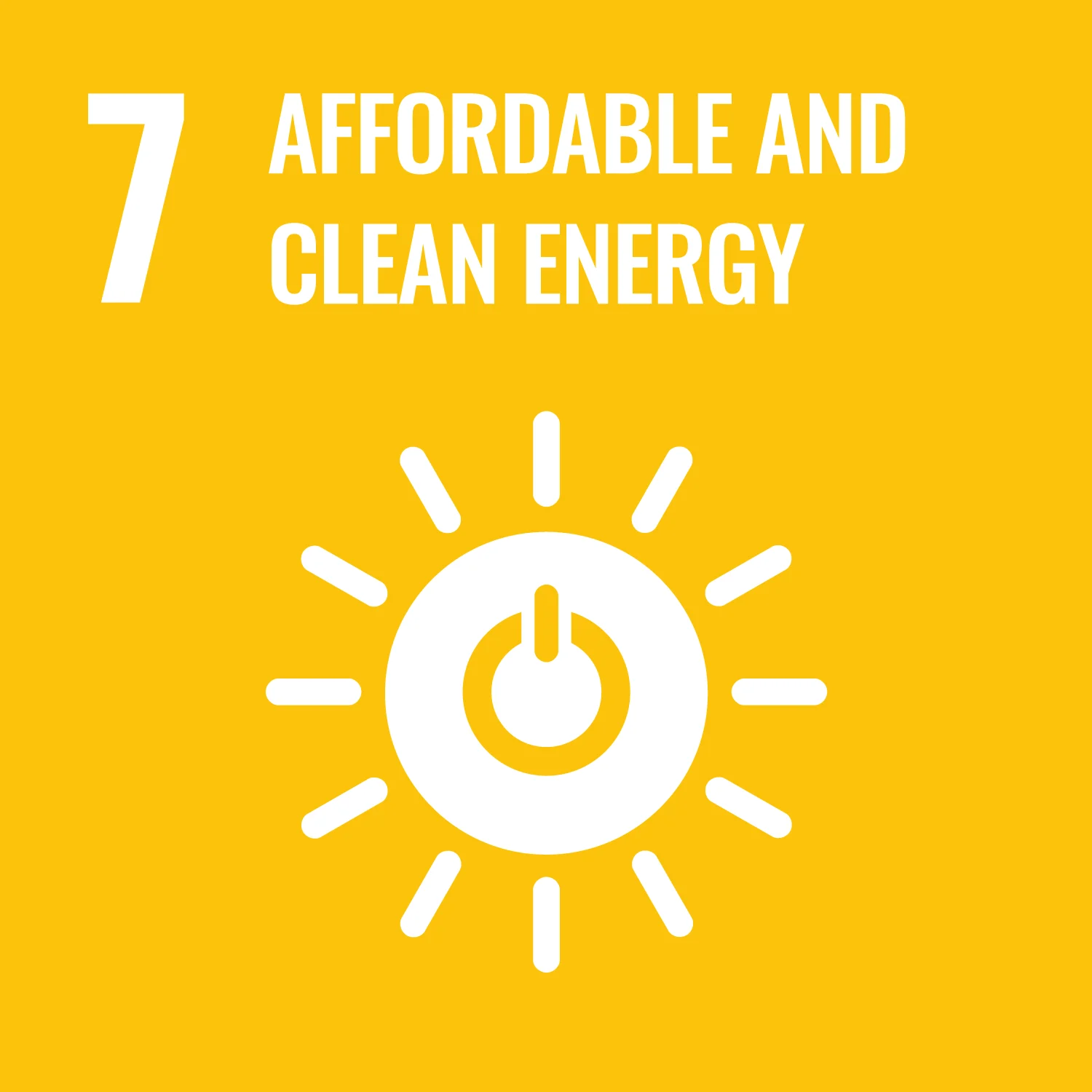
Clean energy
Neste increases the share of renewable energy in the global energy mix by producing and selling low emission renewable fuels, for example for road transportation and aviation.
Neste has finalized the expansion of its Singapore refinery, which will increase the refinery’s total production capacity to 2.6 million tons per year, including up to one million tons of sustainable aviation fuel.
Neste has enabled several airlines to operate their flights with NesteMY Sustainable Aviation Fuel™. Read more how we are partnering with airlines.
All the diesel-powered ground fleet runs on Neste MY Renewable Diesel™ at both Amsterdam Schiphol and Cologne Bonn airports.
Neste´s lower-emission marine fuel enables the marine sector to start reducing greenhouse gas emissions.
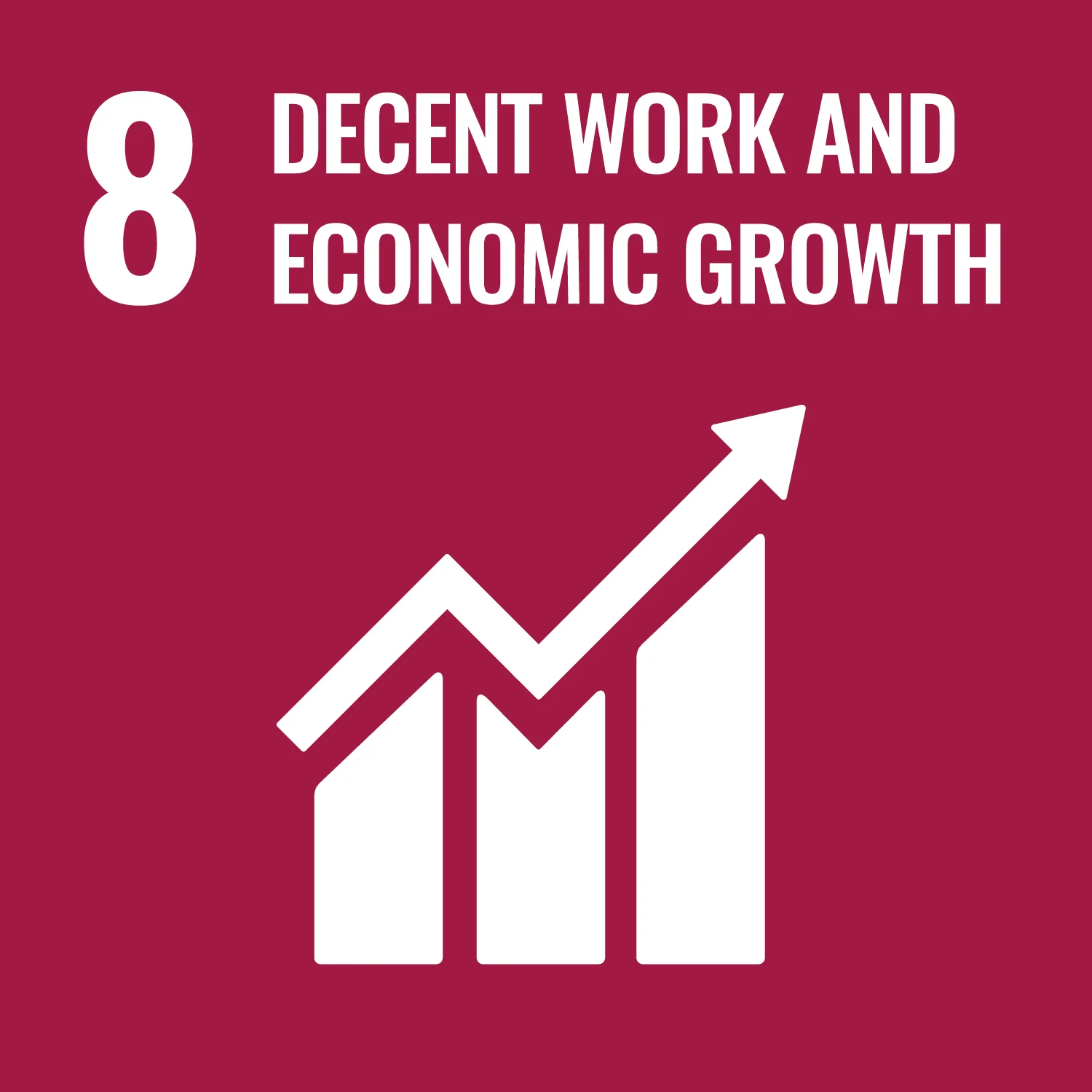
Decent work and economic growth
• We actively take steps to protect labor rights and promote safe and secure working environments for all workers, with special attention to vulnerable groups.
• Neste is committed to implementing effective measures to eradicate exploitation, modern slavery, and child labor.
• Neste respects and supports children’s rights and was recognized as a Leader in the Global Child Forum’s Benchmark Report, The State of Children’s Rights and Business 2023. • We commit to pay all our employees a living wage and promote living wages in our supply chains.
• We support our employees’ individual development goals.
• Neste established site-level complaints channels at all its refineries, promoted with posters to inform migrant contract workers of their labor rights and encourage them to report any concerns directly to Neste.
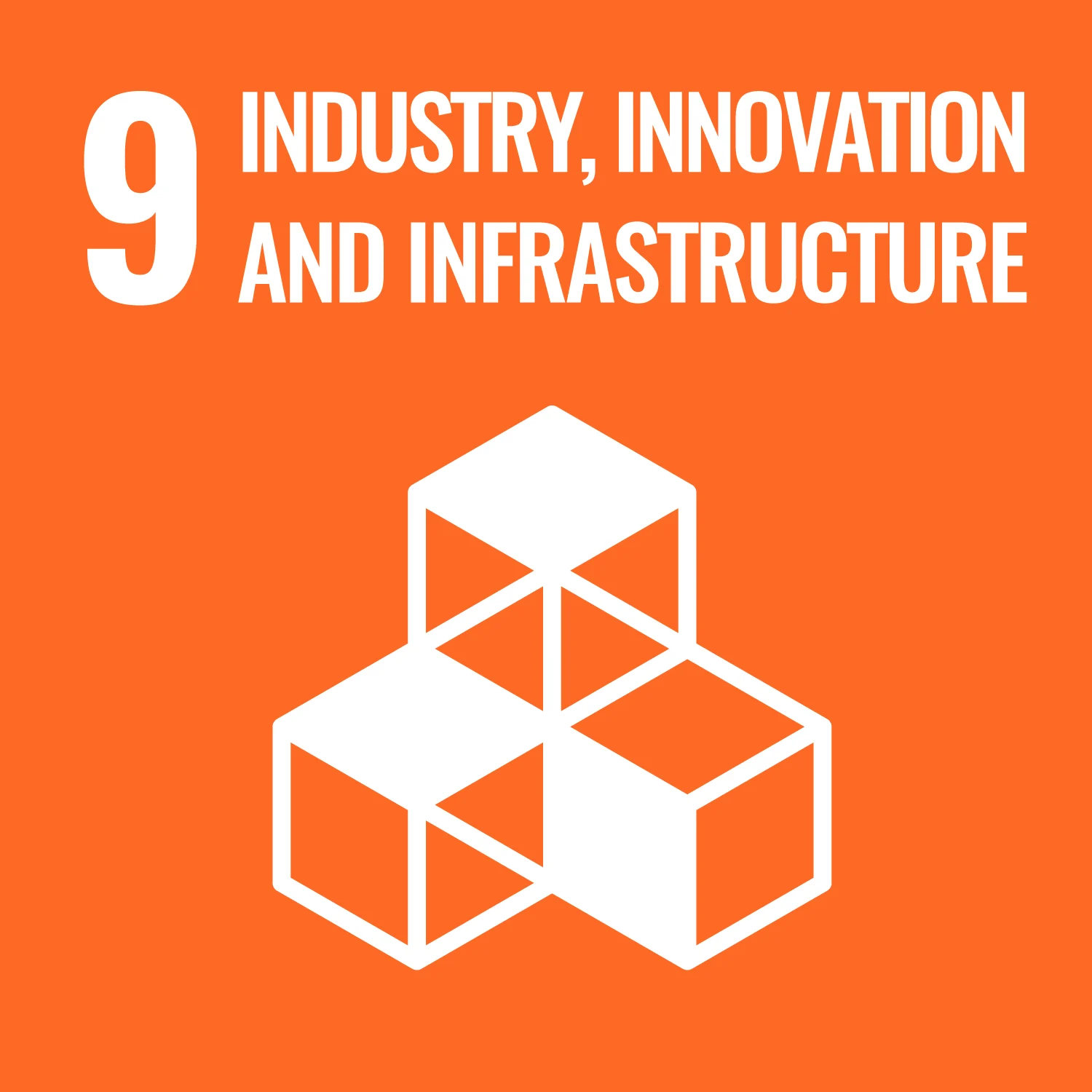
Industry, innovation and infrastructure
• Neste’s growth and transformation is rooted in innovation and technology. We invest the majority of our annual R&D expenditure in researching and testing future raw materials and technologies.
• Neste has two research facilities — in Porvoo, Finland and Singapore — to strengthen its global innovation and R&D capabilities.
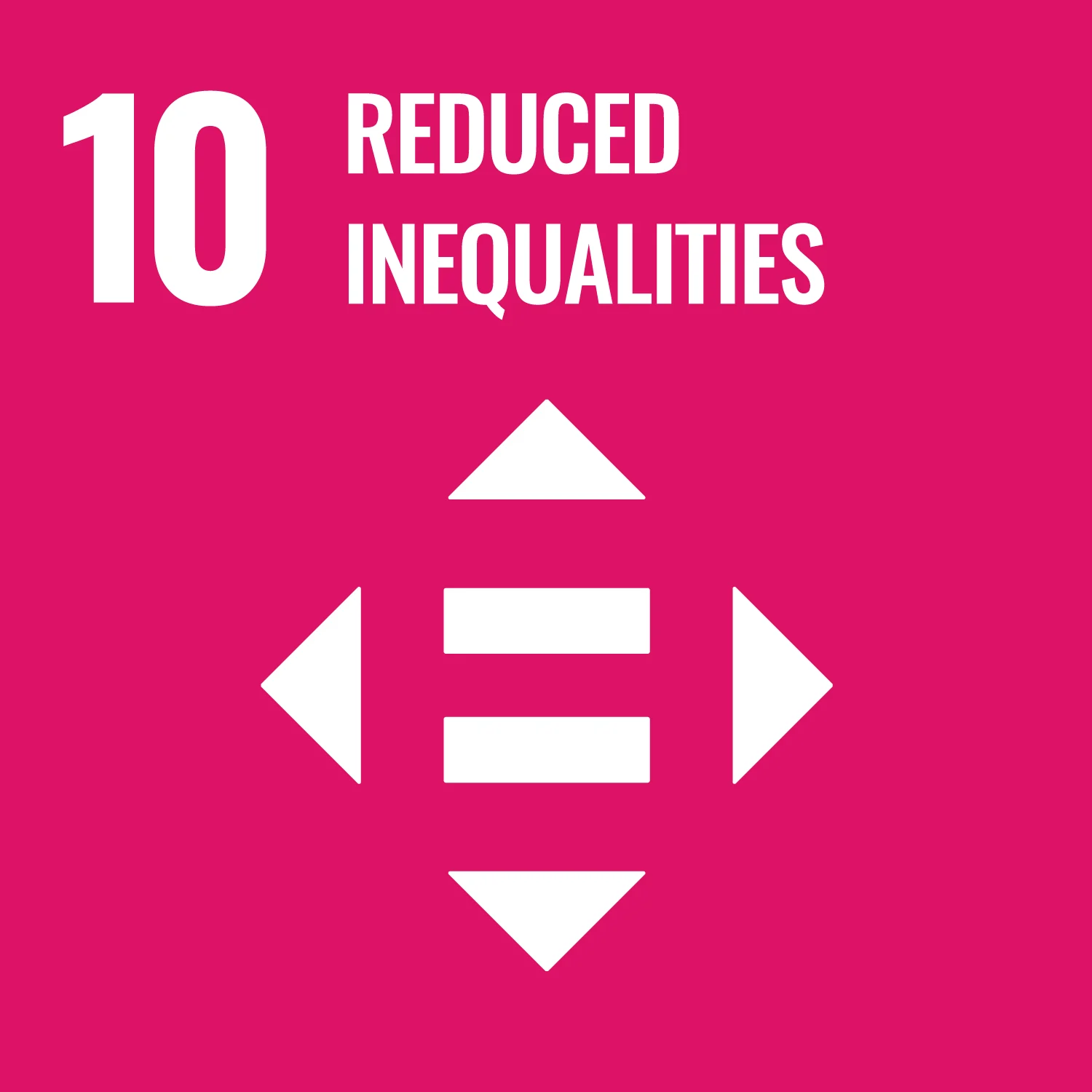
Reducing inequalities
• Neste’s human rights ambition for 2030 is to create a more equitable and inclusive value chain in which everyone works with dignity.
• Neste views inequality as a systemic risk that requires urgent action from business and is taking actions to address it.
• Neste is an active member of the WBCSD Business Commission to Tackle Inequality (BCTI), a multistakeholder coalition of organizations that place addressing inequality at the heart of the business agenda for sustainable growth.
• Neste is a signatory to two Unilever Partner Promises – the Living Wage/Living Income Promise and the Supplier Equity, Diversity and Inclusion Promise.
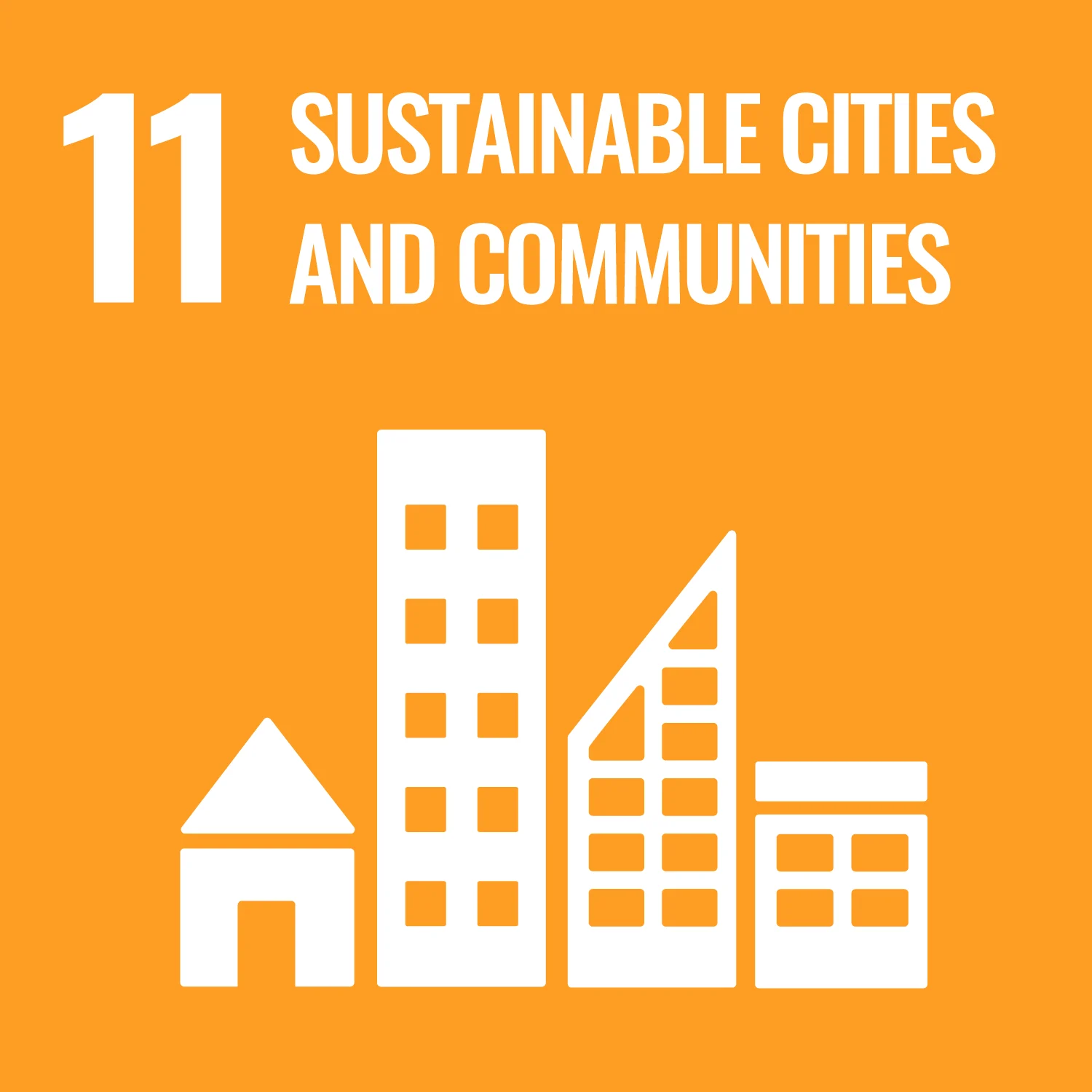
Sustainable cities and communities
• Neste creates value for society and helps its customers to reduce greenhouse gas emissions by offering lower-emission renewable fuels for aviation and road transportation. Our renewable products can also help reduce transportation-related local emissions and improve local air quality in urban areas.
• Neste helps cities combat climate change by reducing GHG emissions with renewable fuels:
• Neste supplies Neste MY Sustainable Aviation Fuel™ to several airports and airlines. Read more on our partnerships.
• Neste has introduced public high-power charging (HPC) at its service stations in Finland for light and medium-duty electric vehicles.
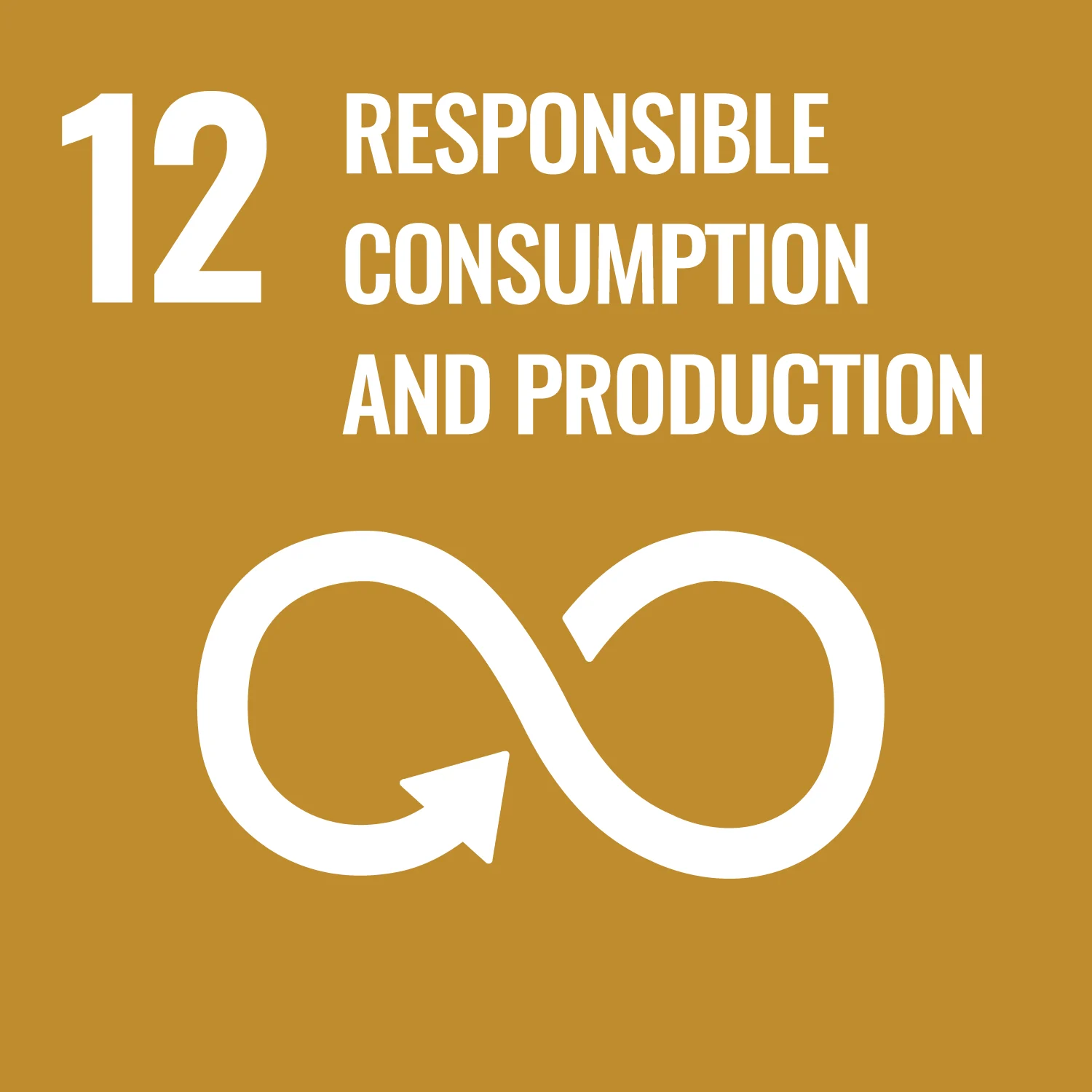
Responsible consumption and production
• Neste creates solutions for combating climate change and accelerating a shift to a circular economy. We refine waste, residues and innovative raw materials into renewable fuels and more sustainable feedstock for polymers and chemicals.
• Climate, biodiversity, human rights and supply chain sustainability aspects are integrated in our investment process and criteria to better guide investment planning from the sustainability impact perspective.
• Neste has made the final investment decision to commence construction of upgrading facilities for liquefied plastic waste at its Porvoo refinery in Finland. The investment is part of a broader project (Project PULSE), which will receive an EU Innovation Fund grant of 135 million euros if fully implemented.
• We have conducted Sedex self-assessment for our refinery in Porvoo, allowing us to thoroughly assess gaps in our management systems and human rights due diligence. The same assessments are ongoing for Rotterdam and Singapore refineries
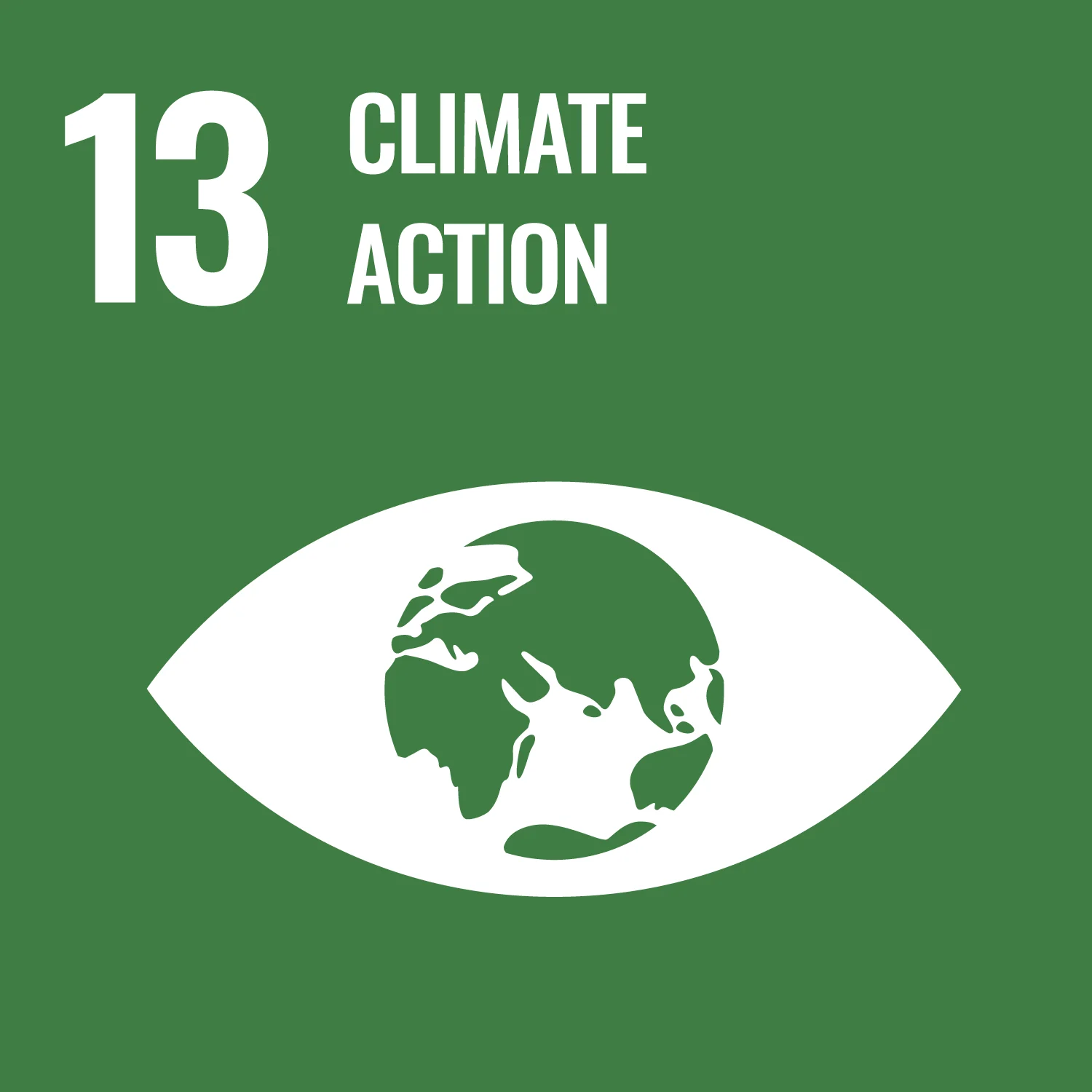
Climate action
• Neste’s climate ambition is to lead transformation towards a carbon neutral value chain by 2040. Our climate commitments cover the entire value chain (scopes 1, 2 & 3).
• Neste completed the strategic study on transitioning its refinery in Porvoo, Finland, into a leading renewable and circular solutions refining hub in the mid-2030s. The ambition is to make the Porvoo refinery the most sustainable refinery in Europe, in which production of renewable hydrogen will play a key role.
• Neste includes its climate commitments in long-term incentives for Neste’s key personnel and its climate impact in the investment criteria.
• Neste uses the internal carbon price as a strategic tool to support its climate commitments.
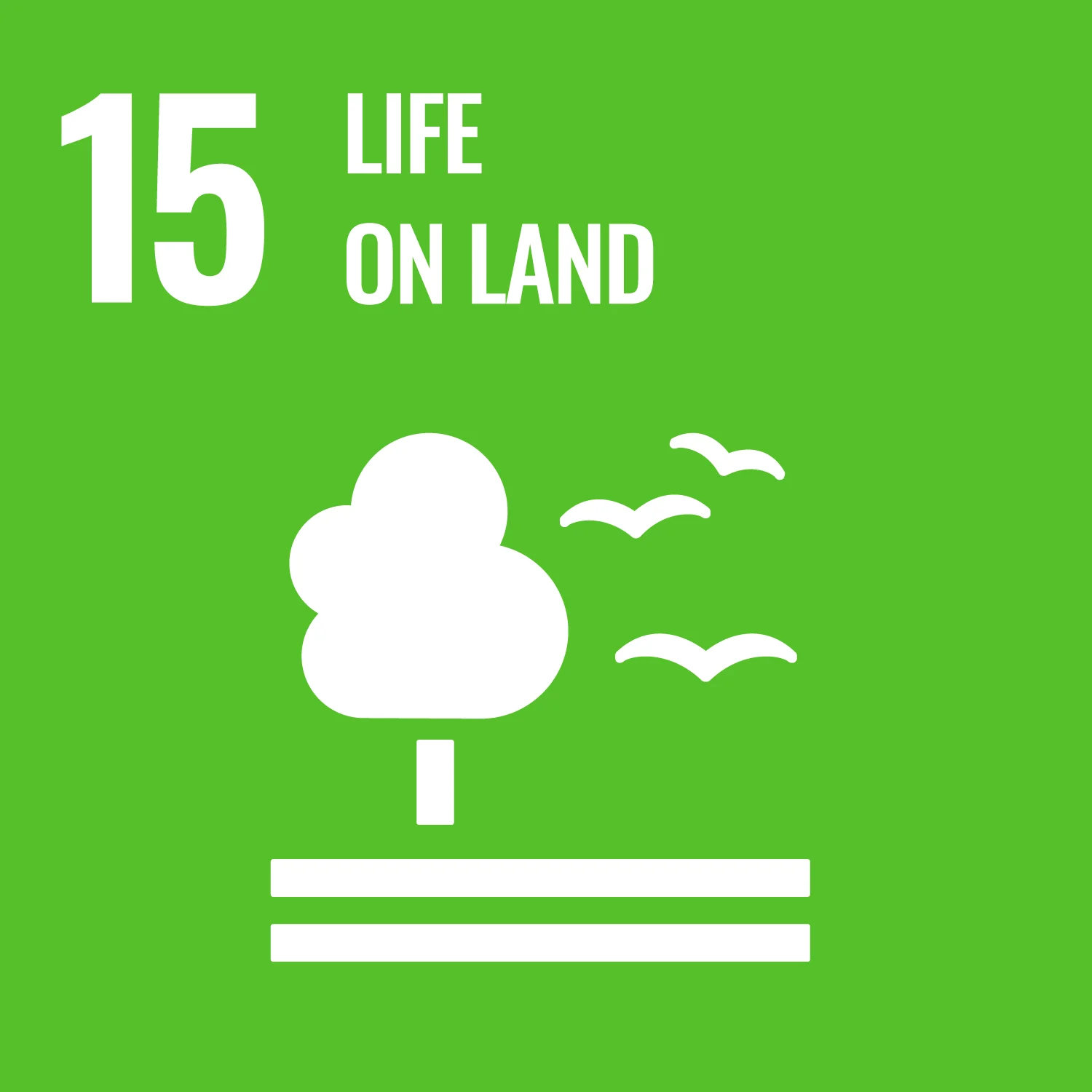
Life on land
• Neste is committed to protecting biodiversity with a vision to drive a positive impact on biodiversity and achieve a nature positive value chain 1) by 2040. We aim to create net positive impacts for biodiversity from new activities from 2025 onwards, and target no net loss (NNL) of biodiversity from all ongoing activities by 2035.
• Neste is committed to preventing deforestation and requires the same from its suppliers.
• As an active member of the Consumer Goods Forum (CGF) Forest Positive Coalition, Neste drives wider collaboration on preventing deforestation across industries.
• Biodiversity and climate topics are key when assessing potential raw materials. Neste’s raw material sourcing for renewable fuels is regulated by strict biodiversity criteria as outlined in the EU RED II ((EU) 2018/2001).
• Neste works closely with NGOs and research partners who have a strong understanding of biodiversity, such as Fauna & Flora.
• Neste participates in the World Business Council for Sustainable Development’s (WBCSD) Nature projects, focusing on collaboration in biodiversity metrics development.
1) A nature positive value chain means that throughout our value chain, we are creating more positive impacts on nature than causing adverse ones
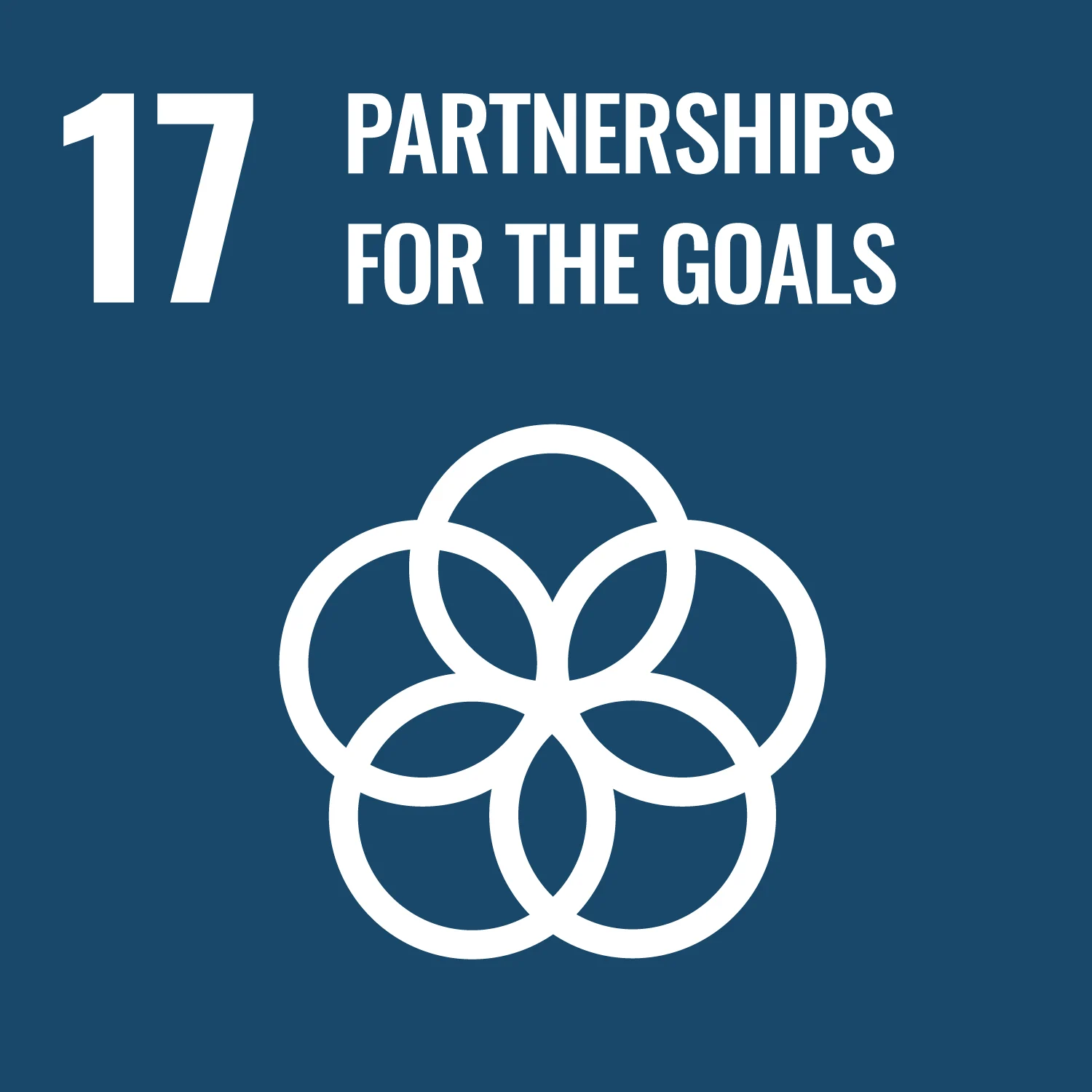
Partnerships for the goals
• Partnerships are at the core of the SDGs and we see them as the key to advancing sustainable business. See examples of our collaboration and partnerships.
Share this